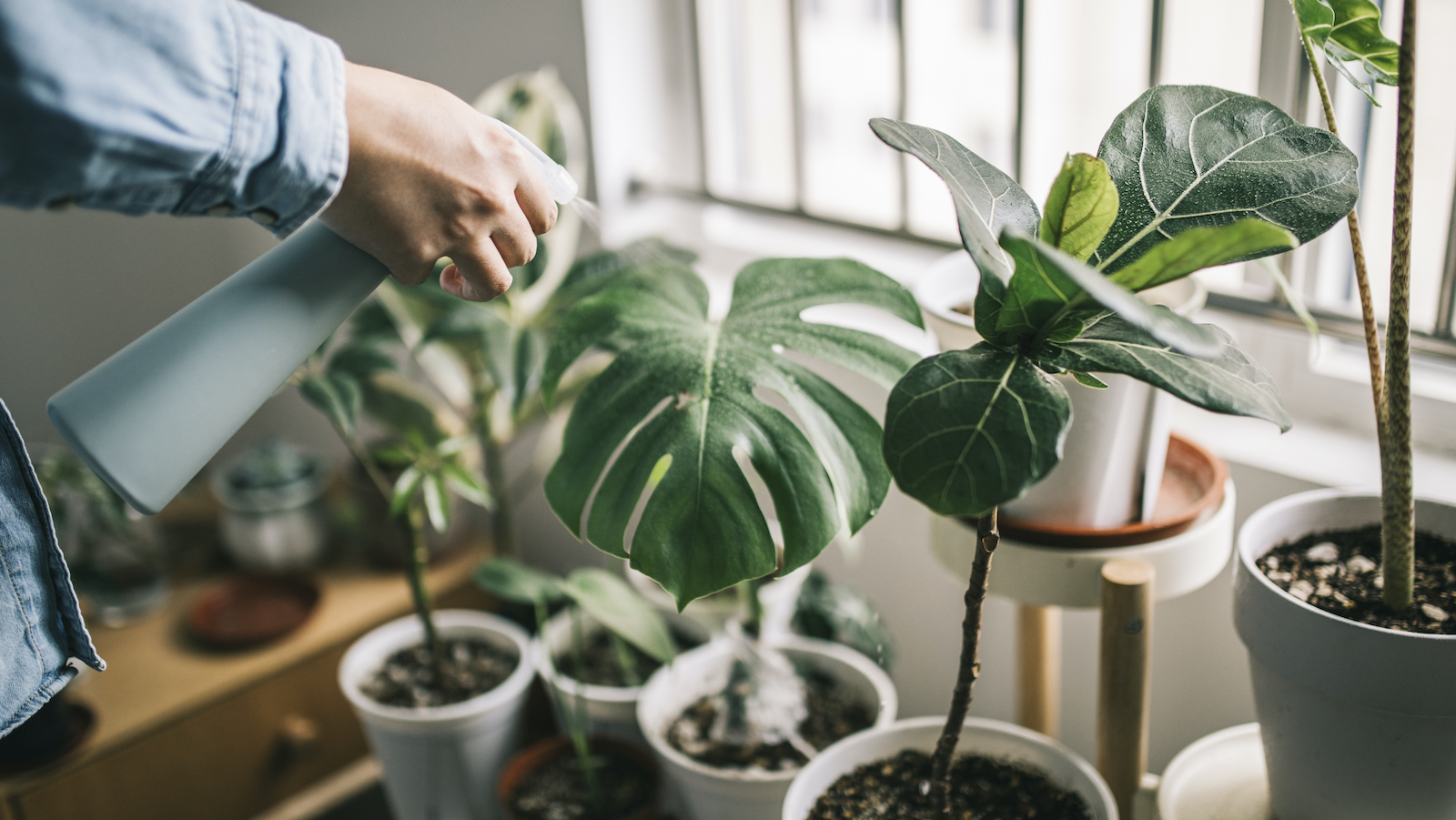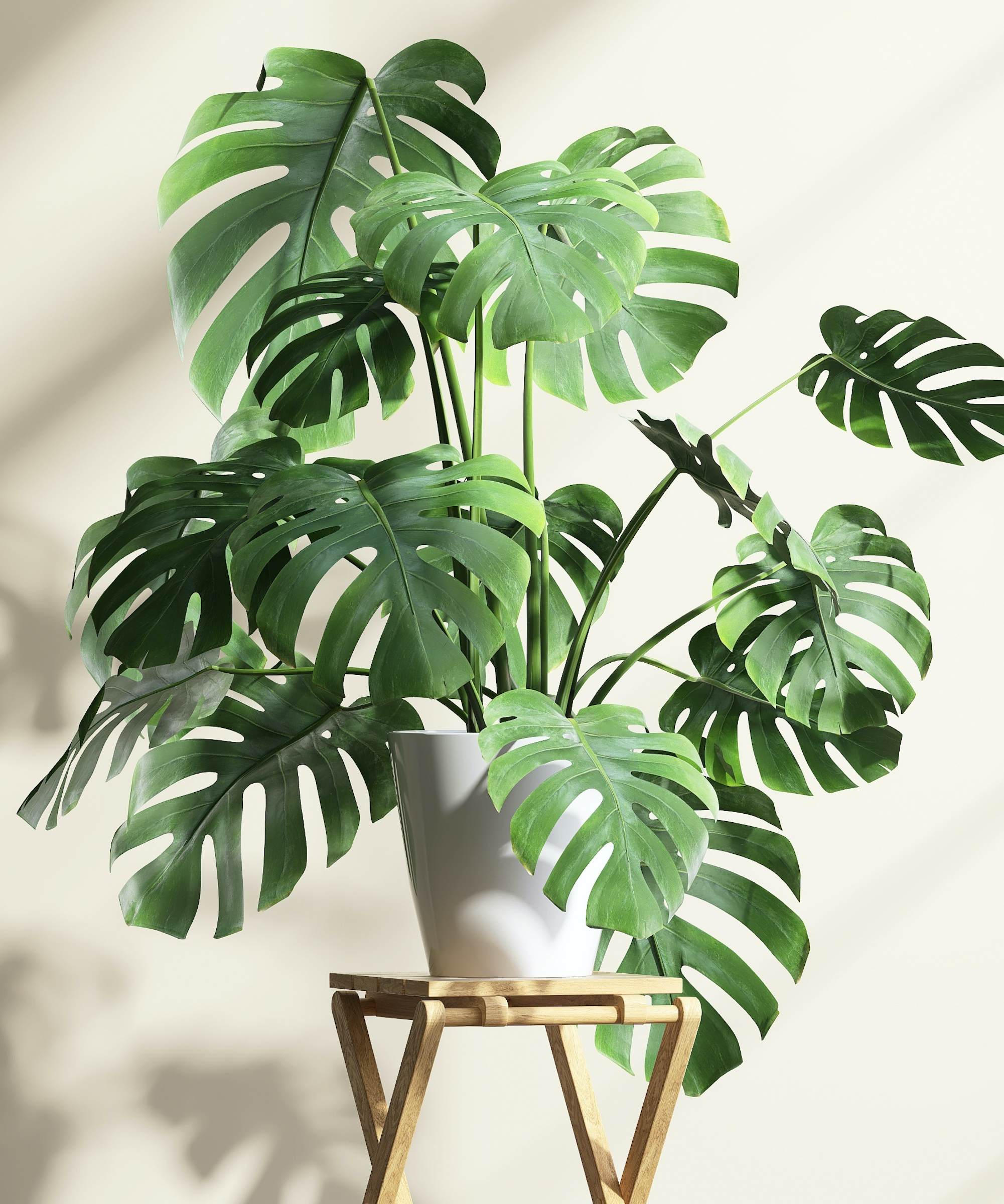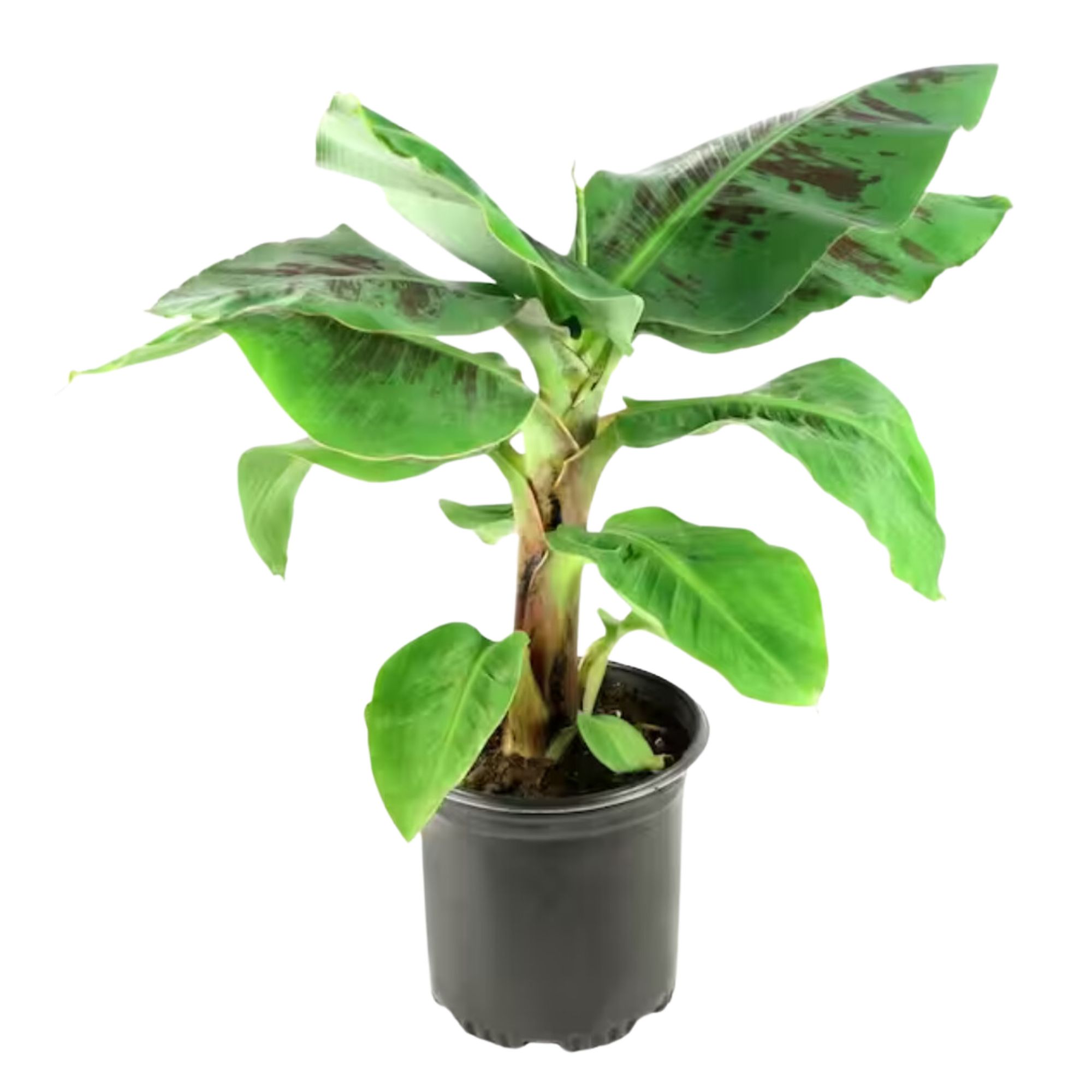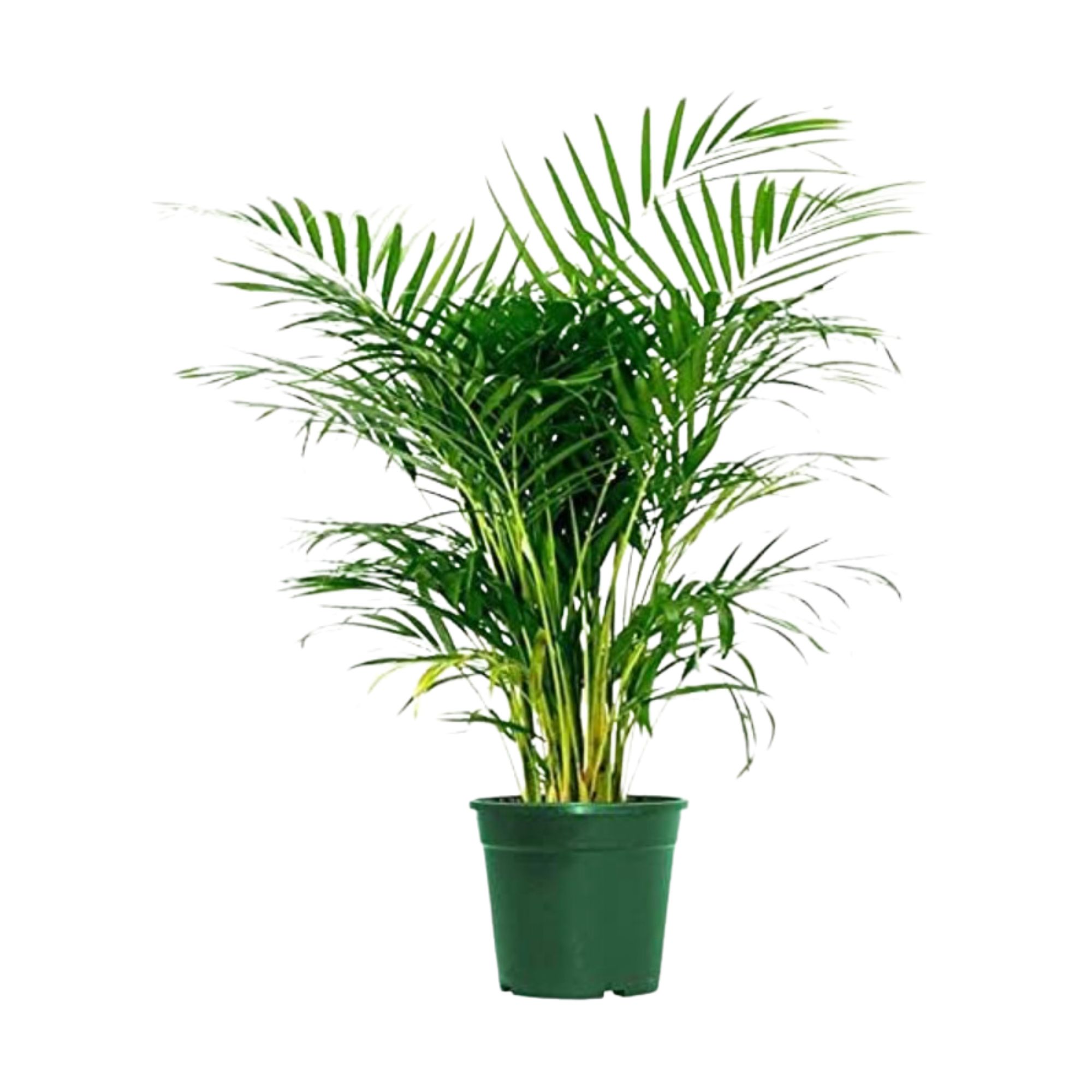Are monstera plants toxic to pets? What to know if you have both under your roof
Are monstera plants toxic to pets, or can they coexist in the same space? We asked plant experts to sound off


Get small space home decor ideas, celeb inspiration, DIY tips and more, straight to your inbox!
You are now subscribed
Your newsletter sign-up was successful
If you house fur babies and green babies, you might ask, "Are monstera plants toxic to pets?" There are certainly important factors to take into consideration before you decide to keep both under one roof.
While, of course, there are plenty of benefits to having greenery throughout the house, some particular plants can prove problematic when furry friends are in tow — especially said furry friends who are prone to nibbling. That's why we're here to assist with expert-backed advice about keeping things copasetic in your space.
When searching for indoor houseplants to add to your growing collection, here's what to know about monstera plants.
Are monstera plants toxic to pets?

We hate to break it to you, but for those asking "Are monstera plants toxic to pets," the answer is yes. One of the best tropical indoor plants might purify the air and give you a taste of island life, but a literal taste is problematic for cats, dogs, and even humans. Ingesting a monstera plant can cause gastrointestinal issues and oral swelling and irritation because of its insoluble calcium oxalates.
If this becomes an issue in your household, you should immediately seek veterinary assistance and/or contact poison control. It might sway your decisions when gardening in an apartment, but we feel it's better to be safe than sorry.
What to shop instead
While you can place monstera plants on high shelves, in cute hanging planters, or in a pet-free room, we'd recommend forgoing the plant entirely and opting for alternatives. There are plenty of pet-friendly houseplants that make a statement and have their benefits.
"For pet owners looking for safe alternatives that don’t compromise on aesthetic value, the spider plant, banana tree, and areca palm are excellent choices," says Gene Caballero, co-founder of GreenPal.
Get small space home decor ideas, celeb inspiration, DIY tips and more, straight to your inbox!
He adds, "The spider plant is known for its ease of care and ability to purify the air, making it a worry-free addition to any pet owner’s home. The banana tree offers a dramatic tropical look without the toxicity, adding a bold statement to your indoor space. The areca palm, with its soft, feathery fronds, brings elegance and is completely safe for pets."

Price: $32
Dimensions (in.): D6, H10-24
Select a grow pot or cylinder pot for this pet-friendly find. Water it once a week and leave it in indirect sunlight.

Price: $35.15
Capacity (qt.): 2.5
The banana tree is best planted indoors during springtime, but can grow outdoors in USDA zones 8 to 11.

Price: $24.73
Dimensions (in.): 6
Suitable for indoor and outdoor conditions, American Plant Exchange's Areca Palm Tree requires partial sun, temperatures between 65-75° F, and water once every 10 days or so.
Want to add some flair to your floral collection? We uncovered the best plants for terrariums and found seven easy choices for those who are still cultivating a green thumb.

Pleasure to meet you! I'm Danielle, a content editor at Real Homes who loves scoping out interior trends. I've specialized in lifestyle writing and editing for 10 years with a focus on events, food, and books, among other areas. When I'm not working, I'm usually cooking, reading, or searching for a new project for my apartment.
